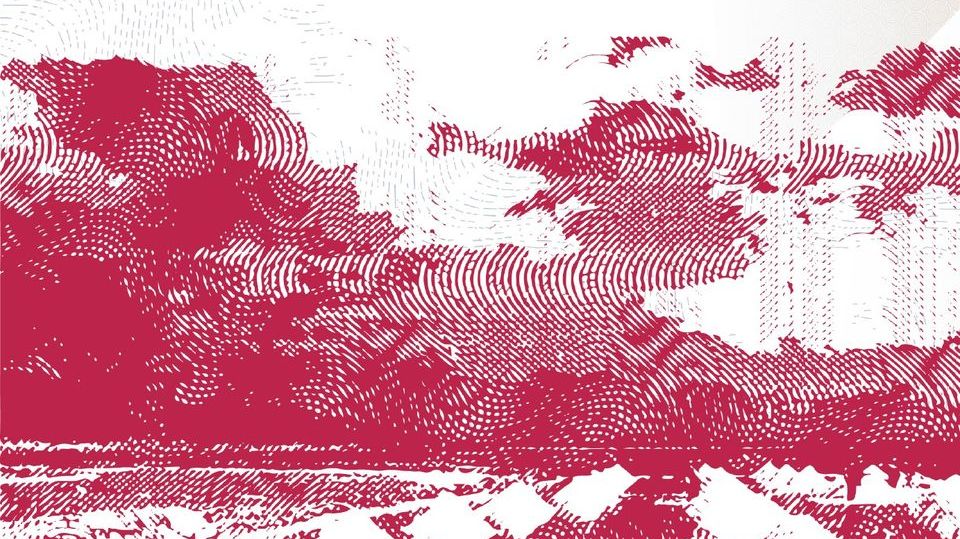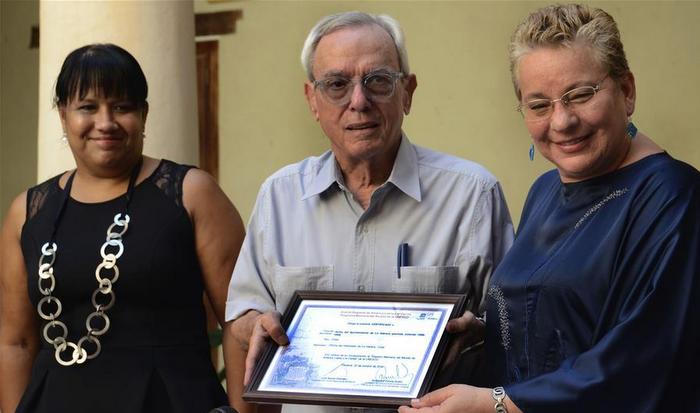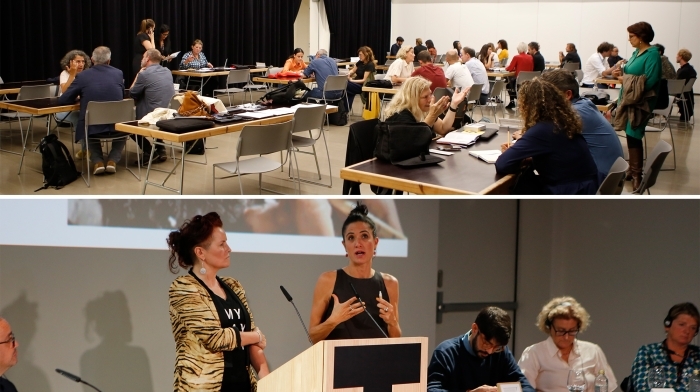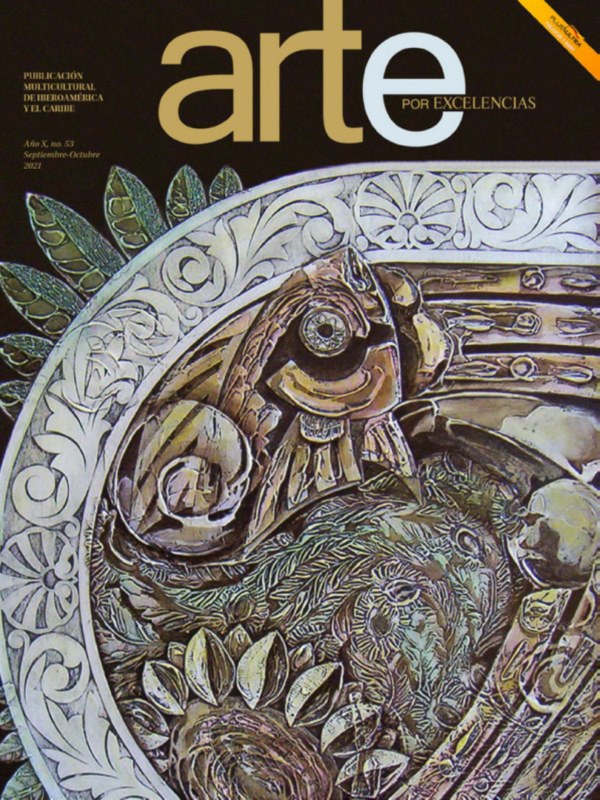Four centuries of the history, life, politics and economy of colonial Havana are recorded in the Chapter Acts. There are 273 original books, unique and the oldest that are preserved in the Historical Archive of the Office of the Historian.
After being registered in the National Registry of the Memory of the World Program, UNESCO now recognizes, at a regional level, the heritage value of these documents, not only for local history, but also to understand the exchange between the metropolis and its colony. to discover the world's relations with Cuba.
The documentary series is divided into two groups: the original books (1550-1898) and the transcripts (1550-1809). According to the archive's documentary management specialist, Ana Lourdes Insua, "the originals stand out for their rich content and form; the second to record the work of the municipality to ensure the durability over time of this type of documentary, being copies made in the second half of the nineteenth century”.
Upon receiving the recognition that accredits the official registration, Dr. Eusebio Leal Spengler, historian of Havana, said that "you cannot write the history of Cuba, nor the Antilles, nor that of much of the American continent, without these records". He added that they tell important events of the colonial life of the city and the relationship with other nations. He also mentioned some of the political, civil, economic and social events that are collected in it, such as the administration of distant territories such as Louisiana and Florida, in the current United States, annexed for certain periods to the General Captaincy of Cuba or the efforts to fortify the city.
The executive secretary of the Regional Committee of the Memory of the World Program, Mr. Guilherme Canela, highlighted the three pillars of the program: the preservation of heritage, access to documents and socialization. He expressed that this delivery is a unique moment because it is a very historical document and it happens in a special context: the 500 years of founded Havana.
The meeting was attended by Mrs. Katherine Müller-Marín, director of the Regional Office of Culture for Latin America and the Caribbean and the representation of UNESCO in the Republic of Cuba; Anayansi Rodríguez, Vice Minister of the Ministry of Foreign Affairs of Cuba; Oscar León, president of the Cuban Commission of UNESCO and Dr. Nuria Gregory, president of the National Committee of the Memory of the World Program.
The Program was created by UNESCO in 1992 with the idea of facilitating universal access to documentary heritage, as well as preserving and increasing global awareness of the existence and importance of it. It covers the documentary heritage throughout history, from papyrus scrolls or clay tabs to movies.
The National Committee of the Memory of the World Program of Cuba was created in 2002 and to date, the Island has registered 14 collections in the National Registry, six in the regional and three in the international. The latter are the ICAIC Latin American News Collection, the Life and Work Collection of Ernesto Che Guevara and the José Martí Pérez Archive.
Related Publications

Waldemar Cordeiro: La Biennale di Venezia
April 16, 2024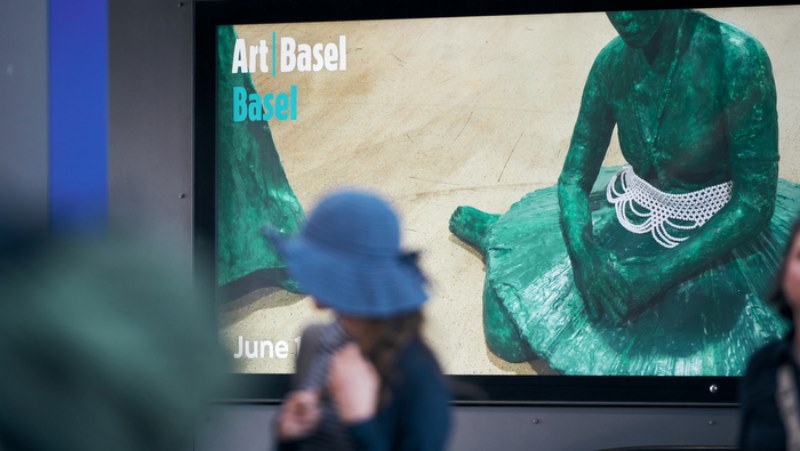
Art Basel Unveils Further Highlights for its 2024 Edition
April 12, 2024